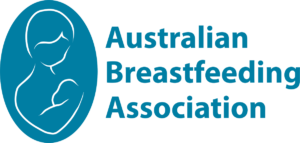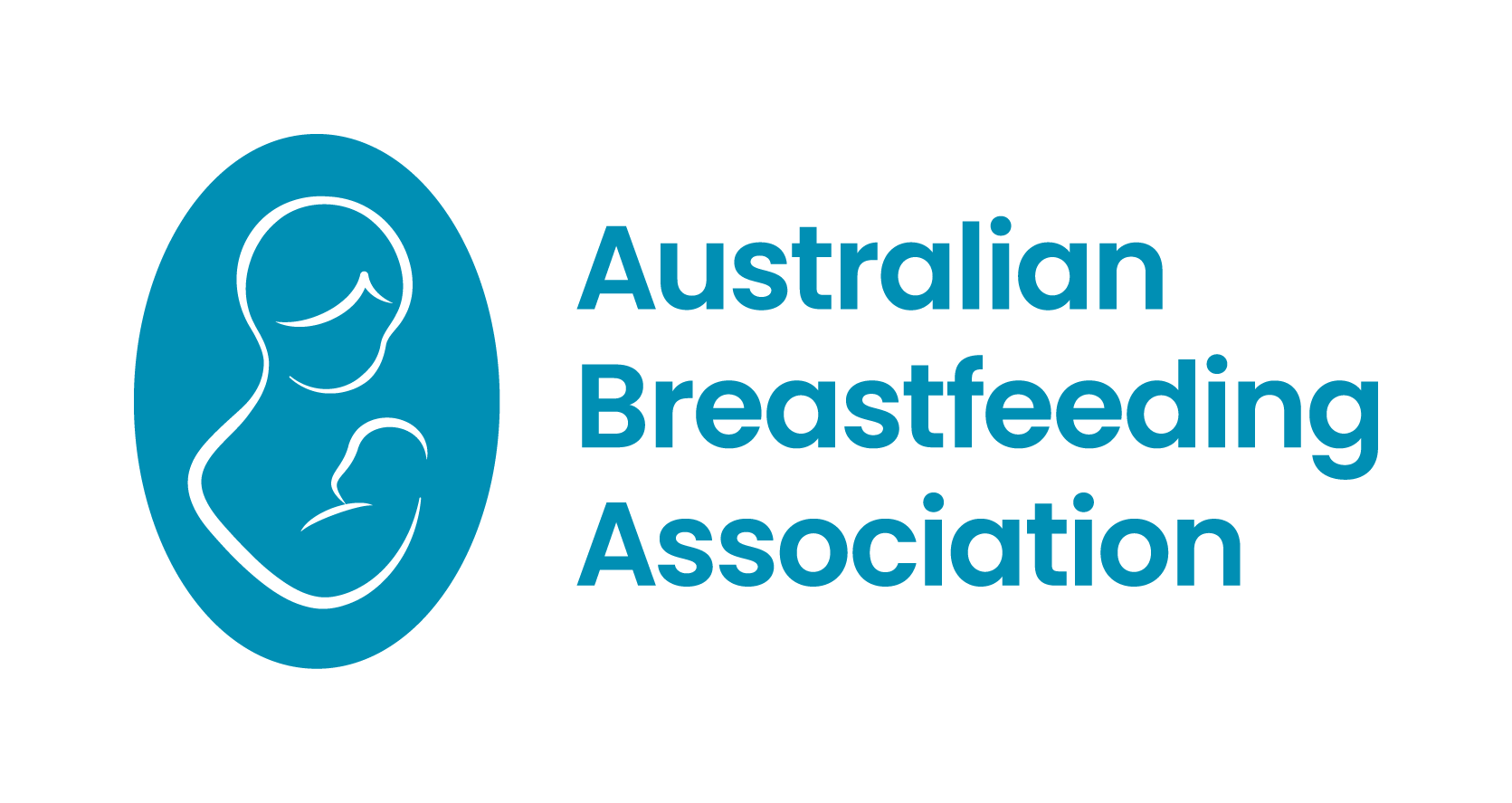The effect of frenectomy for tongue-tie, lip-tie, or cheek-tie on breastfeeding outcomes: A systematic review of articles over time and suggestions for management.
Carnino, J. M., Walia, A. S., Lara, F. R., Mwaura, [...]
Carnino, J. M., Walia, A. S., Lara, F. R., Mwaura, [...]
Louise Duursma RN, GradDipNurs (UTS), MRes (WSU), PhD Candidate (WSU), [...]
O'Connor, M. E., Gilliland, A. M., & LeFort, Y. (2022). [...]
Bruney, T. L., Scime, N. V., Madubueze, A., & Chaput, [...]
LeFort Y, Evans A, Livingstone V, Douglas P, Dahlquist N, [...]
Naimer SA, Israel A, Gabbay A.Clin Exp Pediatr. 2020 [...]
The American Society of Pediatric Otolaryngology compiled this clinical consensus statement about ankyloglossia in children.
The risks of not breastfeeding are many and varied. Perhaps less well-known is the importance of breastfeeding for children with regards to their oral development. Breastfeeding maximises the correct development of speech organs (tongue, lips, mandible, maxilla, soft palate, hard palate, cheeks, dental arches, oral muscles, floor of mouth), with respect to posture, mobility and strength.
The Australian Breastfeeding Association (ABA) runs the National Breastfeeding Helpline 1800 mum 2 mum (1800 686 268). The Breastfeeding Helpline is available 24 hours a day, 7 days a week.
It is staffed by trained, volunteer counsellors who answer calls on a roster system in their own homes.
LiveChat is a mum 2 mum support service on the ABA website www.breastfeeding.asn.au.
Trained volunteers assist mothers and their families with breastfeeding information and are there to support mothers on their breastfeeding journey.
LiveChat is accessible via mobile phones, tablets, laptops and computers.

Important Information
Privacy Policy
Membership Terms & Conditions
FAQs
ABN: 64005081523
RTO: 21659
Copyright © Australian Breastfeeding Association | ABA receives funding from the Australian Government
